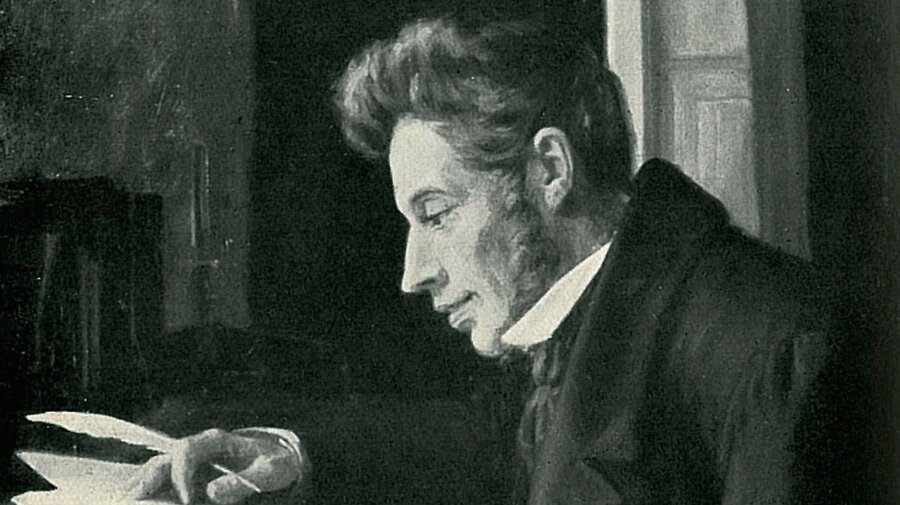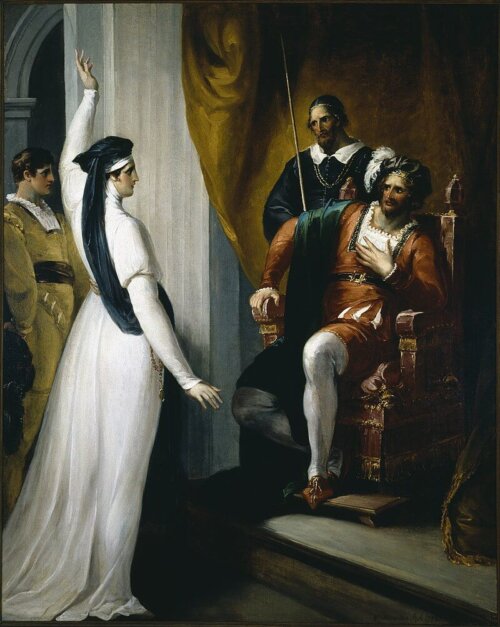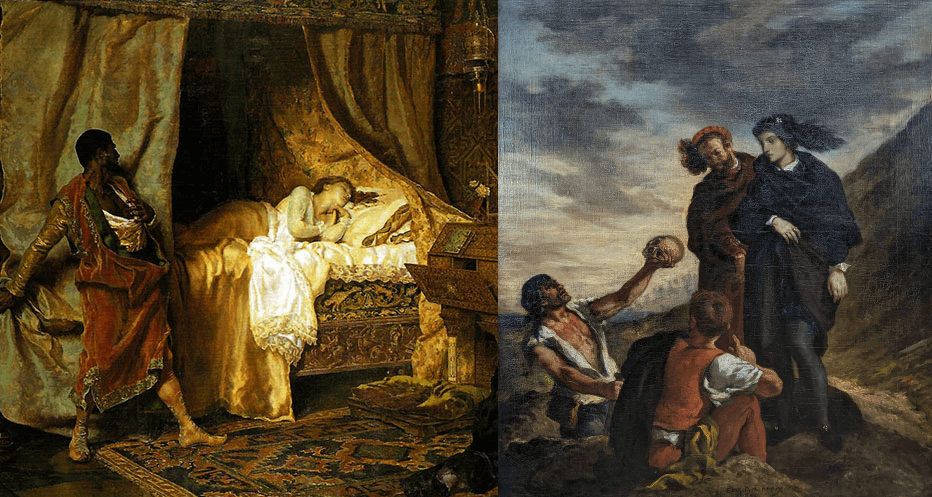On Honesty

Almost two hundred years ago, Søren Kierkegaard wrote: “Where am I? Who am I? How did I come to be here? What is this thing called the world? How did I come into the world? Why was I not consulted? And if I am compelled to take part in it, where is the director? I want to see him.”
Kierkegaard had been listening to a small voice at the core of his self: a voice that constantly asks questions. At the core of each of us are the questions: Who am I? What should I be doing?
It is possible to place a pillow, so to speak, over that voice and smother it until it isn’t heard any more. This is an act of stupidity. But we can yank away the pillow, and the voice is still there.
Honesty begins with paying attention to these most simple and persistent questions, which are the permanently relevant ones: questions that ask about my existence in its entirety, about myself and everything that surrounds and influences me, everything experienced as a given. And about what I have done with, or to, this given. Such questions themselves—what am I? what is the world? should I trust it? am I loved?—are givens, in that we don’t choose to ask them; they come spontaneously. In a way, they are not even our own questions, since we didn’t decide to ask them. And they are not given in a vacuum: they well up within my bodily condition, and this body is within a world, and this world is structured in certain ways. An honest appreciation of the basic questions, the ones that are always pertinent, involves attention to them; to me—the person they immediately apply to; and to the basic context in which I happen to happen. What is this context?
Before starting on an answer to that, I should explain that I am employing the word honesty—as in, being honest with myself about my basic human situation—to mean something more weighted, more pregnant with significance, that just admitting or stating that something is true. Honesty suggests a value beyond mere truth-telling. The distinction I have in mind has been wittily expressed by William Kittredge: “I ask for honesty and what do I get? Candor.”
Candor is what one could observe watching an episode of The Jerry Springer Show during its twenty-eight season run, or of any other tabloid television series: rude exposure of feelings, airing of grievances and dirty laundry, bullying self-exposure. Candor is uncensored self-revelation, a stripping away of pretense or customs of caution and tact—a stepping-forth naked. Most people, most of the time, would prefer—understandably and rightly—to be shielded from candor. Honesty, on the other hand, refers to a trait or action in which there is a concern for the recipient, a respect for how truth-telling, or an admission of facts, will have an impact on and be beneficial to the person (often enough oneself) who is brought into its confidences.
In other words, honesty is an openness for the purpose of doing good. It follows that at times, for the person aiming to be honest, the degree of openness in revealing what is true will be adapted to the situation: honesty, for example, doesn’t consist in telling a child everything about why the neighbors are getting a divorce. Honesty is not just a blurting out of facts or feelings, and especially it is not self-serving. It cares for the other as well as for oneself. It is concerned, first of all, about relationship. It wants the best for all involved: for the one being honest; for the one learning from honesty; and for the subject-matter itself, the “truth” being illuminated or confessed.
When I honestly disclose to myself the true particulars of my basic situation, then, what I manifest is respect for myself both as the one who can discern and disclose, and as the one who can bear such revelations, and also for the reality I find myself involved in.
So what are these particulars?
First, I am participating in something—we can call it the process of reality. “Participation” means being internal to the process, belonging to it, and having a perspective on it only from within. A human being has no access to a standpoint outside of reality from which to consider it—which is what makes specious all claims to know completely and systematically what the process of reality is. A human is a conscious locale, or “site,” where a part of reality becomes aware of its own existence, as well as of the whole in which this existence is occurring.
To articulate this fact brings into relief an elementary paradox regarding human existence that it is easy to forget (at least in our era): that first, being self-aware, every existing person is conscious of itself as a distinct identity or separateness, but yet second, at the same time, each person belongs to—is one with—the reality within which it has come to exist. A human being is an “I,” but this “I” is not self-originating—it is not the cause of its own coming into being. Insofar as it is a dependent participation in the process of reality, an “I” is a givenness from beyond itself, an event in the larger process whose total nature and identity exceed comprehension. Therefore, since it is this embracing process that a human is most fundamentally “made of,” so to speak, every “I” is also the “not I” of this original stuff or substance.
To say that in human consciousness a part of reality becomes aware of itself as a participation is true; but the fact is more accurately put by stating that it discovers itself as a questioning awareness. What am I? Where am I? What participating self-awareness reveals is a native curiosity, a passion of inquiry that wonders what is going on, what things are, what it itself is, and where everything—including itself—came from. There isn’t first a person that comes to self-presence, calm and contained, who subsequently looks around and starts to ask: What is all this? Rather, first there is a questioning, an urge to understand which belongs both to myself and to being, which is aware of itself as wondering, and learning, and learning more, and eventually wondering how it came into being and what it exists for. I know that I am not the source of my own existence. What is, then? To what, or to whom, do I primordially belong?
To start with, my questioning finds satisfaction through the discovery of meanings, and my ever-widening horizon of understanding—taking in all the types of intelligibility I can handle from the accumulated knowledge produced by human insight and ingenuity—reveals more and more of the whole to me. What the whole “is,” I eventually realize, is the completeness of meanings, comprising all meanings that have been, are, and will be. Further, because I am a person watching my own life and guiding it through choices bases on understanding, memory and anticipation, I recognize my life to be a story, bound up with the stories of other people, reaching from my family to all the people who have been, are, and will come.
This human story cannot be alien to the process in which it is embedded. On the contrary, the emergence of human beings on the foundation of the hierarchy of levels of being—from subatomic particles through chemical compounds through plant and animal life—implicates all aspects of the process of reality in the human drama. Thus the “whole” is itself a contextualizing story for each person—a story that, as the totality of what comes to pass, includes everything. The whole is the entirety of all meaning, and thus it has a narrative completeness. That the universe is evolving, is a dynamic unfolding of potentialities of development, doesn’t alter the truth that, as a totality of meanings that is under way—in the process of emerging from potency to act, from possibility to fact—the “whole” we relate to embraces all of time in its unity, and is already a fullness of meanings, if as yet not developmentally finished.
It is this awareness of narrative completeness of meaning that gives rise to eschatological yearning and sentiment.
A measure of basic honesty about our selves and situation as questioners, then, is to recognize the intelligibility of eschatological longing. Without that honesty, we cannot understand either our human nature or human history.




